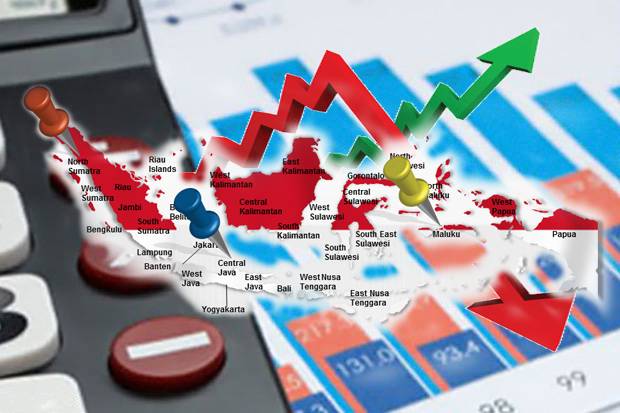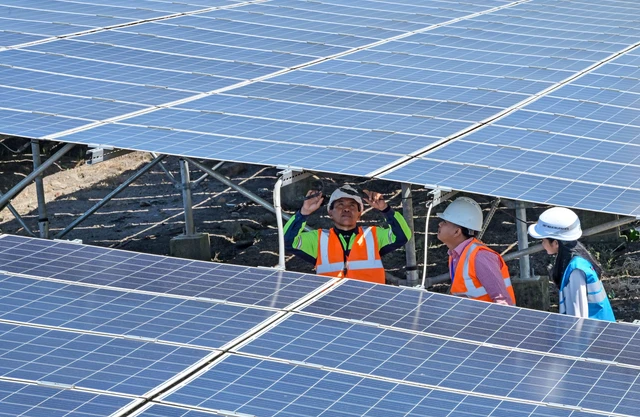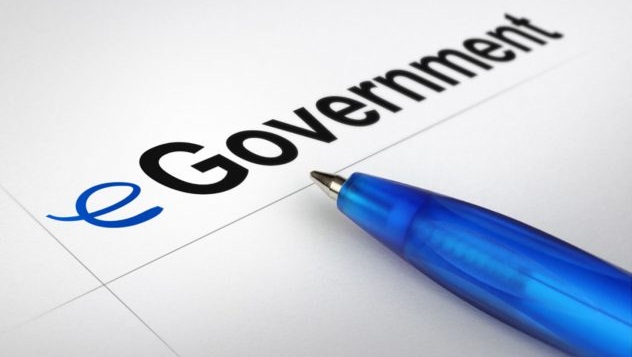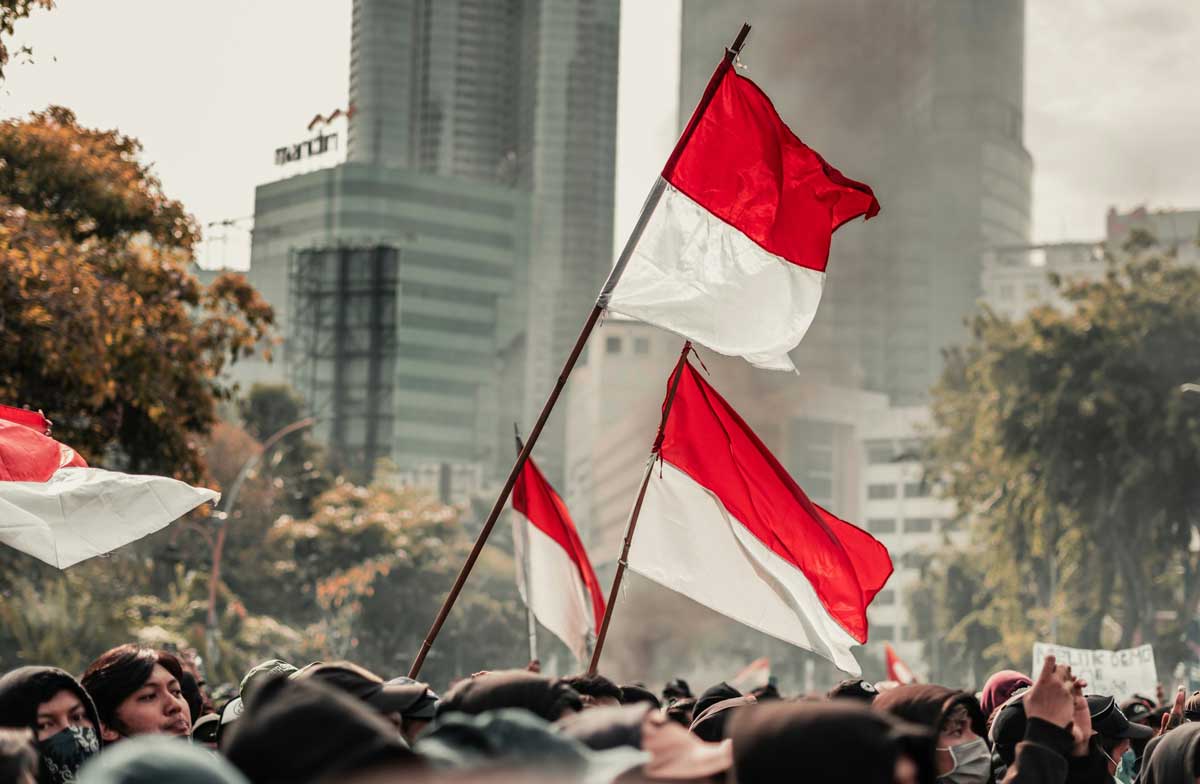Political Communication: Indonesia Strategies for Effective Messaging That Actually Work
JAKARTA, turkeconom.com – Political communication is a vital aspect of governance and democracy, influencing how messages are crafted and delivered to the public. In Indonesia, a nation characterized by its diversity and complexity, effective political communication strategies are essential for engaging citizens and fostering trust in political institutions. This article examines key strategies for political communication in Indonesia, highlighting methods that resonate with the public and drive meaningful engagement.
The Importance of Political Communication
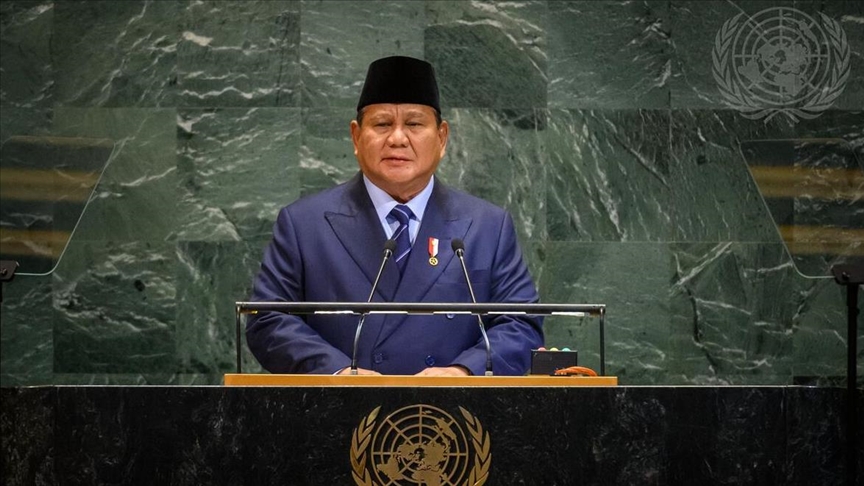
Building Public Trust
Effective political communication is crucial for building trust between the government and its citizens. Transparent and clear messaging helps demystify government actions and policies, fostering a sense of accountability. In Indonesia, where public trust in institutions can be fragile, prioritizing effective communication is essential for strengthening democracy.
Engaging Diverse Audiences
Indonesia is home to a rich tapestry of cultures, languages, and beliefs. Political communication must account for this diversity, ensuring that messages are inclusive and accessible to all segments of the population. Tailoring communication strategies to engage various audiences enhances the effectiveness of political messaging.
Encouraging Civic Participation
Political communication plays a significant role in encouraging civic participation. By effectively conveying information about policies, elections, and civic rights, governments can motivate citizens to engage in the democratic process. This engagement is vital for a healthy democracy and active citizenship.
Strategies for Effective Political Communication in Indonesia
1. Utilizing Social Media
Social media platforms have become powerful tools for political communication in Indonesia. Politicians and parties can reach large audiences quickly and interactively. Strategies include:
- Targeted Messaging: Tailoring messages to specific demographics based on their interests and concerns.
- Engagement: Encouraging dialogue and responding to public inquiries to foster a sense of community and trust.
- Visual Content: Using images, videos, and infographics to make complex issues more digestible and engaging.
2. Emphasizing Local Context
Understanding and incorporating local contexts into political messaging is crucial in Indonesia. Strategies include:
- Cultural Relevance: Crafting messages that resonate with local customs, traditions, and values.
- Regional Issues: Addressing specific concerns and challenges faced by different regions, ensuring that all voices are heard.
- Local Leaders: Collaborating with local influencers and community leaders to amplify messages and enhance credibility.
3. Clear and Transparent Messaging
Clarity and transparency are key components of effective political communication. Strategies include:
- Simplified Language: Avoiding jargon and technical terms to ensure that messages are easily understood by the general public.
- Open Dialogue: Creating platforms for public discussion and feedback, allowing citizens to voice their concerns and opinions.
- Regular Updates: Keeping the public informed about government actions, decisions, and policies to build trust and accountability.
4. Storytelling Techniques
Storytelling is a powerful method for conveying political messages. Strategies include:
- Personal Narratives: Sharing real-life stories that illustrate the impact of policies on individuals and communities.
- Emotional Appeal: Crafting messages that resonate emotionally, fostering a connection between politicians and the public.
- Visual Storytelling: Using multimedia content to tell compelling stories that engage and inform the audience.
5. Fostering Collaboration with Media
Collaboration with traditional media outlets is essential for effective political communication. Strategies include:
- Press Briefings: Organizing regular press conferences to provide updates and clarify government positions.
- Media Training: Equipping politicians and spokespersons with the skills to effectively communicate with the media.
- Partnerships: Building relationships with journalists and media organizations to ensure accurate reporting and coverage of political issues.
Conclusion
Political communication in Indonesia is a dynamic and essential aspect of democratic governance. By employing effective strategies such as utilizing social media, emphasizing local context, ensuring clarity and transparency, leveraging storytelling techniques, and fostering collaboration with media, political actors can enhance their messaging and engage citizens more effectively.
As Indonesia continues to navigate the complexities of its diverse society, prioritizing effective political communication will play a crucial role in fostering trust, encouraging civic participation, and strengthening democracy. By embracing these strategies, political leaders can ensure that their messages resonate with the public and contribute to a more informed and engaged citizenry.
Sharpen Your Skills: Delve into Our Expertise on Politic
Check Out Our Latest Piece on Political Representation!

